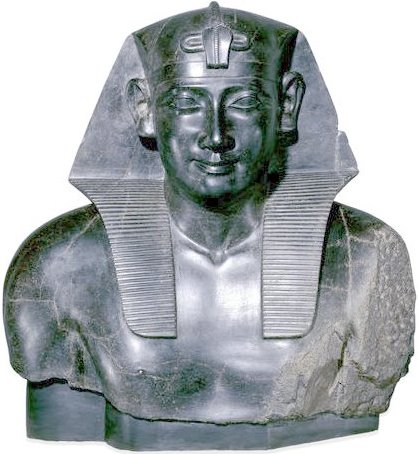After the death of Alexander the Great, his empire was divided by his generals. Palestine was claimed by both Ptolemy (king of Egypt) and Seleucus (king of Syria). At the end of a protracted military struggle in which the land changed hands five times, Ptolemy won control of the area in 301 BCE.
During the years of fighting over Palestine, the area itself remained virtually autonomous, and outside influences—including Hellenism—were weakened. After Ptolemy took control of the region, Hellenistic influence increased. The Ptolemies maintained army posts throughout the country in the third century BCE, as the Seleucids were still trying to wrest control and five battles were fought in Palestine. Military colonies were established which later became Greek cities; Greek soldiers married Jewish women. Jews were also subject to the bureaucratic system developed by the Ptolemies for taxation and other governmental functions.
In 201 BCE, Palestine was conquered by the Seleucid king Antiochus III, who allowed Jews to live according to their religion. By then, Hellenism was firmly entrenched in Palestine.
British Museum
See also-
